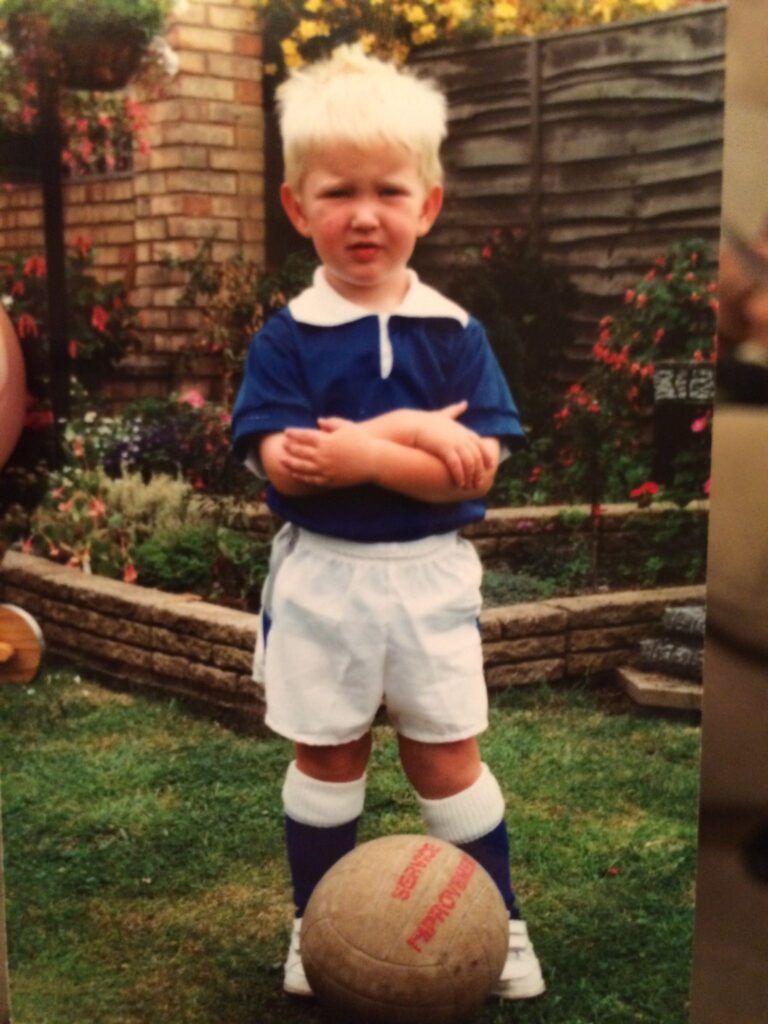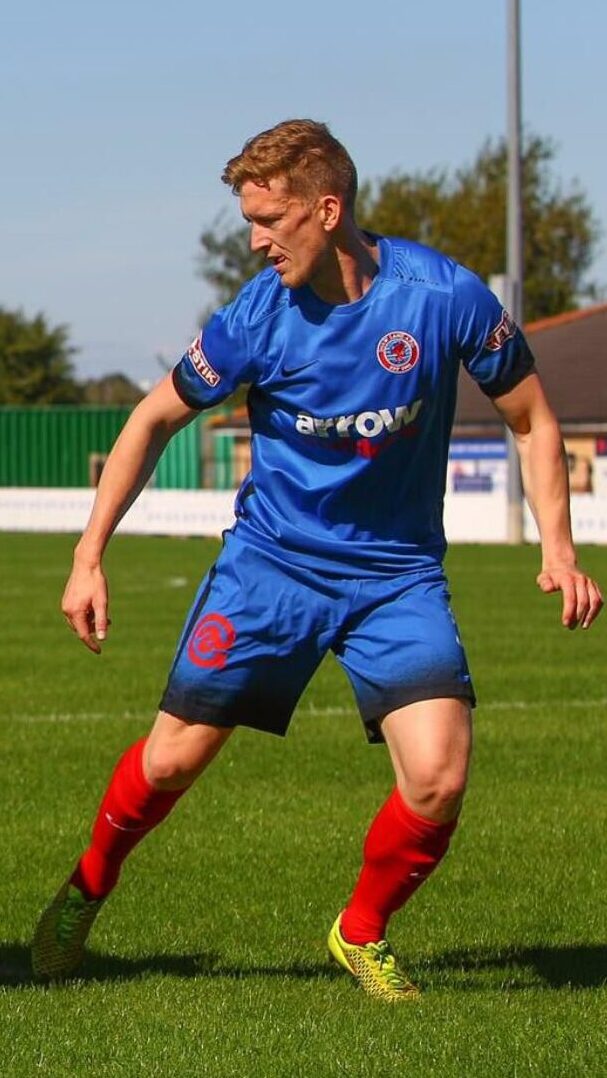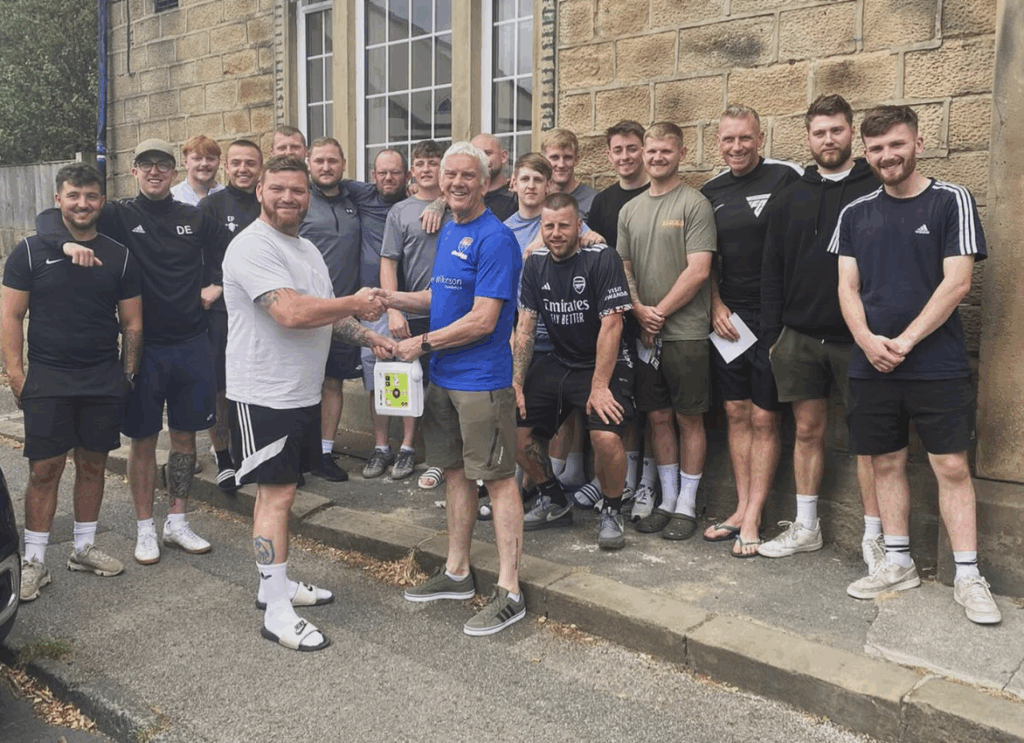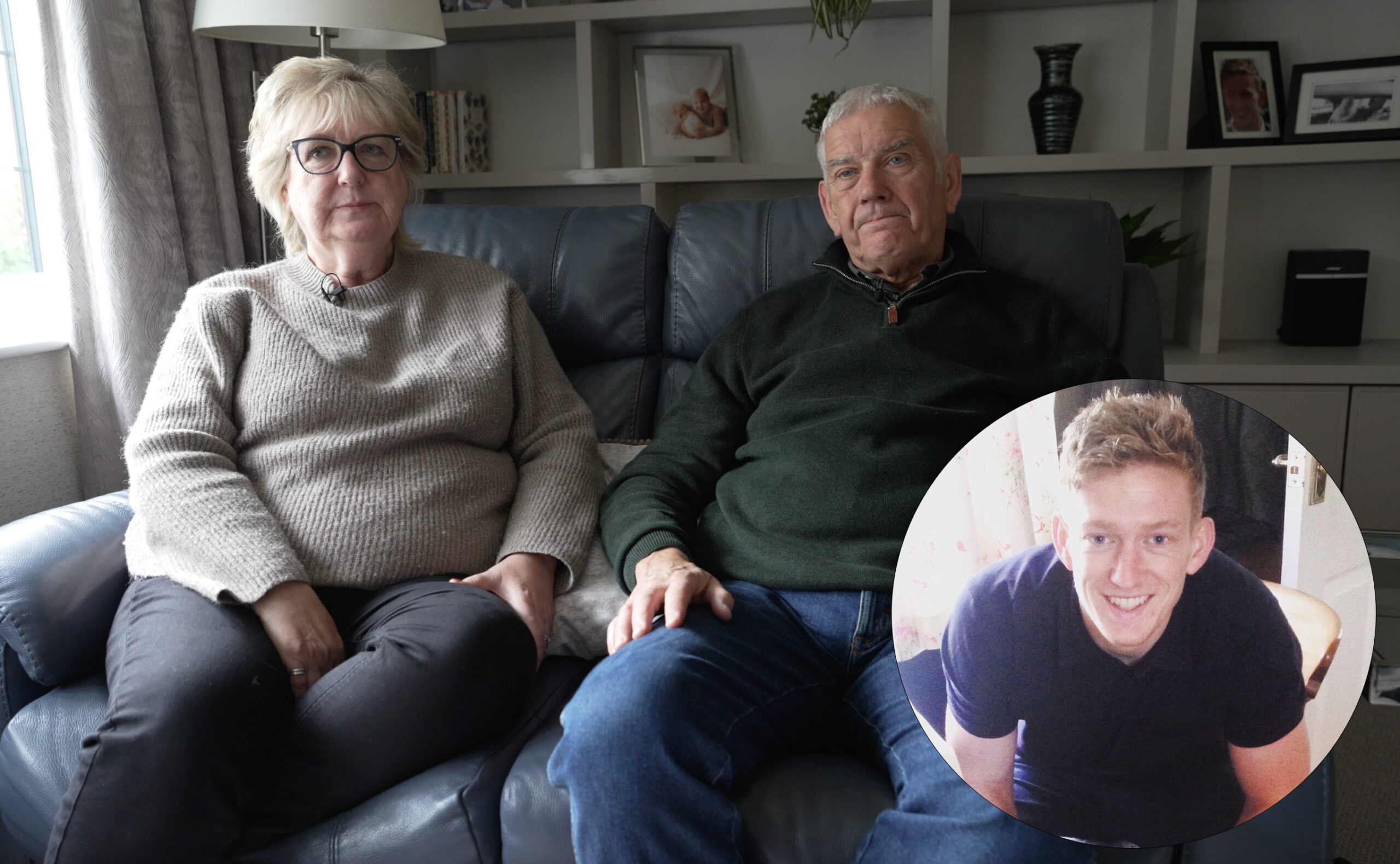Since losing their son to an undiagnosed heart condition eight years ago, Barry and Gillian Wilkinson have channelled their grief into saving other young lives in his memory.
Through their charity, The Daniel Wilkinson Foundation, the couple and their family have helped fund life-saving heart screenings for more than 1,300 young people, in the hope of preventing other families from experiencing their loss.
Their 24-year-old son, Daniel, had just started a new job and moved in with his girlfriend when he collapsed while playing football in September 2016 – a sport he had loved his entire life.
“The pain never goes away,” says Gillian, 62, who lives in Hedon, near Hull, with her husband. “He was just lovely, and so gentle and family-oriented. We will never get over it.”

Tests later revealed that Daniel’s death was caused by an underlying condition called Arrhythmogenic Right Ventricular Cardiomyopathy (ARVC) – a disease that weakens the heart’s structure and can lead to Sudden Cardiac Death (SCD).
According to heart-screening charity Cardiac Risk in the Young (CRY), the condition can be found in between 1 in 1,000 and 1 in 5,000 people, but as it presents very few symptoms, it is difficult to detect unless screened for.
“We Facetimed him the evening before he died and he was his normal self,” recalls 69-year-old Barry. “He was beaming, he was laughing, he was joking.
“I’ve struggled with that big time in the sense that he obviously had a serious problem, but there was nothing to tell you.”
Undetected conditions such as ARVC are responsible for the deaths of 12 young people in the UK every week, says the British Heart Foundation.
It is a crisis the Wilkinsons say is not taken seriously enough in the UK, where routine echocardiogram screenings for young people are not mandatory, and are usually only carried out by the NHS when a family member has died of an underlying condition.
“If a school bus of 12 youngsters a week went out onto the roads and crashed, and 12 children were dying every week, somebody would sit up and say, ‘hang on a minute, there’s something wrong here’,” says Gillian. “It’s the same figure, but for some reason it goes unnoticed.”
“Had a screening been available to Dan two or three months before that night in September then it would have picked up his condition,” adds Barry. “It could have saved his life.”

To help tackle the issue, the Daniel Wilkinson Foundation raises money to fund CRY’s national heart screening programme, which offers free testing to anyone in the UK aged 14 to 35.
Since 2017, the Foundation has paid for 14 screenings in Hull, Sheffield and Essex, each costing around £7,000 to test 100 people – a sum which breaks down to just £70 per person.
“Who wouldn’t pay £70 to save their child’s life?” asks Gillian. “We would remortgage the house and live in a cardboard box if we knew then what we know now.”
The Foundation’s work is making a real difference. Data from CRY shows that around six percent of people screened at events funded by the charity have been sent for further testing, with 1 in 300 being identified with a life-threatening condition.
While private medical information about those tested is kept strictly confidential, the couple have gleaned some insight into the direct impact their work has had.
“There was one particular screening where the cardiologist said he referred someone he was very worried about directly to the Leeds Cardiology Department, as they had walked in with something serious,” recalls Gillian.
“I let out a physical sigh because that’s potentially someone’s parents or close family being saved from the sheer nightmare that we still live every day.”
The Foundation also raises money to supply defibrillators to grassroots sports teams, to provide life-saving first aid if someone collapses from a condition that hasn’t been picked up by screening.
So far they have donated 57 defibrillators, which are accompanied by a short training session so that staff and players know how to use them if something goes wrong.

“It’s hand to mouth for a lot of grassroots sports clubs,” says Barry. “So to give them a vital piece of equipment like that which could potentially save someone’s life is quite pleasing to do.”
The Foundation’s work paid off in a powerful way in 2018, when one of their defibrillators helped save the life of a 14-year-old boy who collapsed during a football match in Sheffield.
In a poignant twist of fate for Gillian and Barry, the name of the boy whose life was saved was also Daniel.
“The emotions of that were another level,” recalls Barry. “There was the high of something we donated saving a life. But then there was the flipside- why couldn’t our Dan have been saved?”
The couple say their message to young people is to not ignore the symptoms of underlying heart conditions, which can include light-headedness, fainting, palpitations, swollen legs, and breathlessness.
“Listen to your body,” urges Gillian. “No matter how trivial you think it is, if it’s happening once or twice, get it checked out.
“And if you’re offered or go looking for the opportunity to be screened, then go and do it. Just 20 minutes of your time could save your life.”
Anyone aged 14 to 35 who wants to book a free heart screening can do so on CRY’s Test My Heart Website.



